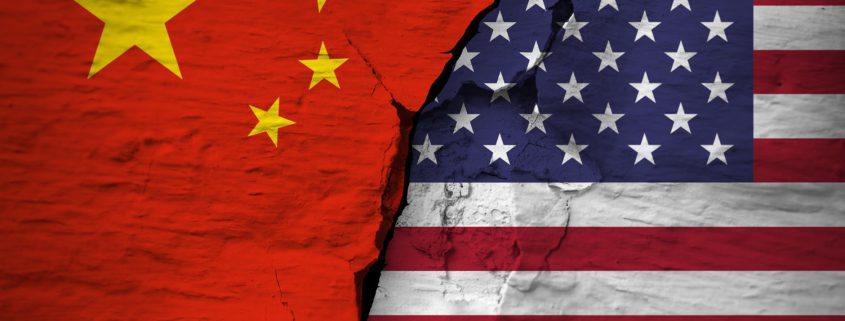Growing Tensions Between U.S. and China Impact Biopharma Industry as BIOSECURE Act Advances
US-China Tensions Deepen, Impacting Biopharma Sector
The U.S. biopharma industry is facing significant challenges as geopolitical tensions with China intensify. The BIOSECURE Act, a bipartisan bill introduced by Reps. Mike Gallagher (R-Wis.) and Raja Krishnamoorthi (D-Ill.) in January 2024, is designed to prevent the flow of taxpayer dollars to biotech entities controlled by foreign adversaries. The legislation targets several Chinese biotechs, including WuXi AppTec, WuXi Biologics, Beijing Genomics Institute, Complete Genomics, and MGI.
Key Provisions of the BIOSECURE Act
The updated draft of the BIOSECURE Act, introduced earlier this month, sets a deadline of 2032 for U.S. drug manufacturers to sever ties with these Chinese biotech companies. The bill prohibits U.S. firms from entering new agreements or renewing existing contracts with these entities and includes a grandfather clause allowing current contracts to continue until January 1, 2032.
Reps. Gallagher and Krishnamoorthi have emphasized that these companies “amass and analyze large amounts” of genomic data, posing a potential national security threat. Krishnamoorthi highlighted the risks, stating that adversarial governments could use this data against the U.S.
Industry Impact and Responses
The BIOSECURE Act has significant implications for the biopharma industry, which heavily relies on Chinese contract development and manufacturing organizations (CDMOs). A survey by the Biotechnology Innovation Organization (BIO) revealed that 79% of 124 U.S. companies had at least one contract with a China-based or -owned manufacturer. Millions of patients depend on these organizations for their medications.
BIO CEO John Crowley acknowledged the industry’s dependence on Chinese CDMOs, but supported the bill’s phase-out period. He stated, “The phase-out date proposed in the amended draft provides companies time to cut their reliance on China-based manufacturing. It ensures during this transition that important biomedical research will not be slowed and that patients will have unimpeded access to life-saving medicines.”
Political and Corporate Repercussions
In March 2024, BIO faced scrutiny from Gallagher, who accused the organization of advocating against the BIOSECURE Act to protect WuXi AppTec’s interests. Gallagher asserted that BIO’s actions aligned with the Chinese Communist Party (CCP) and the Chinese government. In response, BIO ended its relationship with WuXi AppTec and reiterated its commitment to national security.
WuXi AppTec and WuXi Biologics have both denied allegations of connections with the CCP. However, the bill points to WuXi AppTec’s sponsorship of “military-civil fusion” events in China and investments from a military-civil integration fund. Additionally, WuXi Biologics CEO Chris Chen’s past role as an adjunct professor at the People’s Liberation Army Academy of Military Medical Sciences has raised concerns.
Looking Ahead
As the BIOSECURE Act progresses through Congress, its impact on the U.S. biopharma industry and international relations remains closely watched. The 2032 deadline provides a clear timeline for U.S. companies to decouple from Chinese biotechs, highlighting vulnerabilities in the global supply chain and emphasizing the need for strategic shifts in partnerships and manufacturing processes.
The evolving geopolitical landscape will necessitate careful planning and adjustments to ensure the continued advancement of biomedical research and uninterrupted patient access to essential medications.



